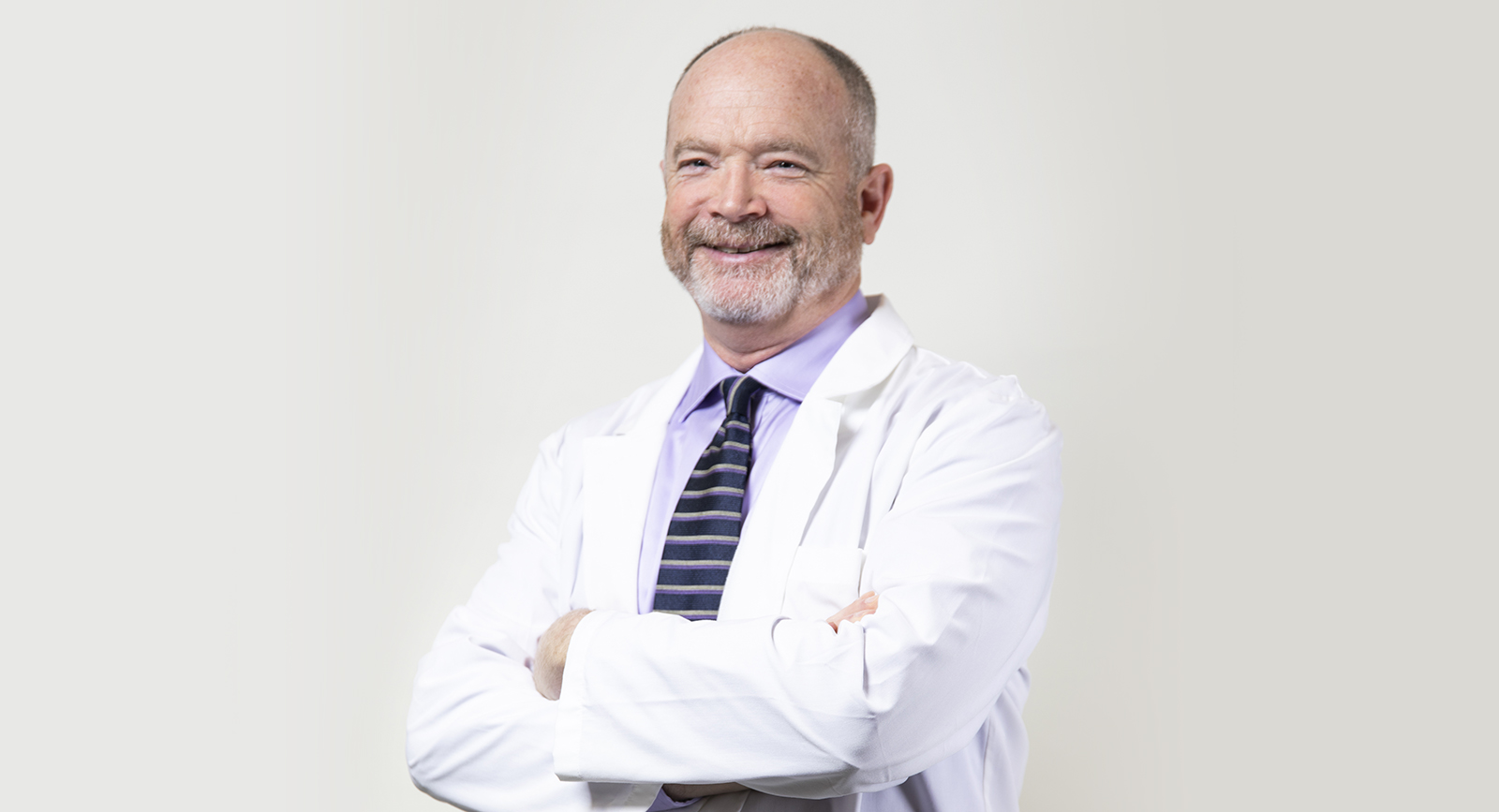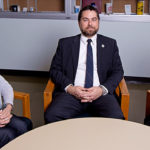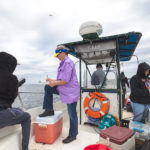UWF professor partners with BIOPAC to develop early Alzheimer’s detection device
Dr. James Arruda, professor in the University of West Florida Department of Psychology, recently signed a consulting and licensing agreement with California-based company, BIOPAC Systems Inc., to collaborate on the development of a device that could be instrumental in the early detection of Alzheimer’s. A patent is estimated to be completed within six months.

Dr. James Arruda, professor in the University of West Florida Department of Psychology, recently signed a consulting and licensing agreement with California-based company, BIOPAC Systems Inc., to collaborate on the development of a device that could be instrumental in the early detection of Alzheimer’s. A patent is estimated to be completed within six months.
Arruda has dedicated more than a decade to Alzheimer’s research, with a focus on searching for a biomarker that may hasten the detection and treatment of the disease so that patients may have an improved quality of life.
“This research was motivated by the global need for a non-invasive, inexpensive, easily administered and accurate measure of Alzheimer’s related neuropathology,” Arruda said. “The early detection of Alzheimer’s dementia may allow current and future treatments to mitigate or even reverse the neurobehavioral effects of the disease, if caught early enough.”
Arruda said they are working on an electroencephalographic, or EEG, device capable of detecting the early neuropathological changes associated with Alzheimer’s dementia. This includes amnestic mild cognitive impairment, which he said most clinicians believe is an early risk factor for Alzheimer’s. An EEG device offers a solution that is less expensive, more readily available and less invasive than other currently used methods such as positron emission tomography, known as PET, scans and cerebrospinal fluid collection and analysis.
“This innovative work being conducted by Dr. Arruda may have a major impact on the ability to diagnose Alzheimer’s earlier and more easily,” said Frazer Findlay, CEO, BIOPAC Systems, Inc. “We are excited to partner with Dr. Arruda and UWF to bring this device to market and help Alzheimer’s patients get the time-critical treatment they need.”
This is the University’s third licensing agreement in the last 10 years. Dr. Matthew Schwartz, professor and associate vice president of research administration at UWF, said it emphasizes UWF’s importance and commitment to fostering faculty research opportunities.
“Faculty research at UWF is a transformative component of the University mission,” Schwartz said. “All tenure-earning and tenured UWF faculty have devoted a significant portion of their time to creative, scholarly and research activities, some of which may create inventions and works that hold potential for commercial value to non-researchers, which we call intellectual property.
“Working together, Dr. Arruda and UWF identified a company interested in pursuing additional research and development to develop a research or clinical product from his intellectual property, and successfully negotiated a licensing agreement to facilitate that advanced R&D, thus paving the way for Dr. Arruda to contribute to potential commercial products. The licensing agreement provides an opportunity for both Dr. Arruda and our external partners to develop a product for use by researchers and, possibly, clinicians.”
Learn more about Arruda’s research in UWF’s Newsroom. For more information about ongoing student and faculty research opportunities at UWF, visit uwf.edu/research.



